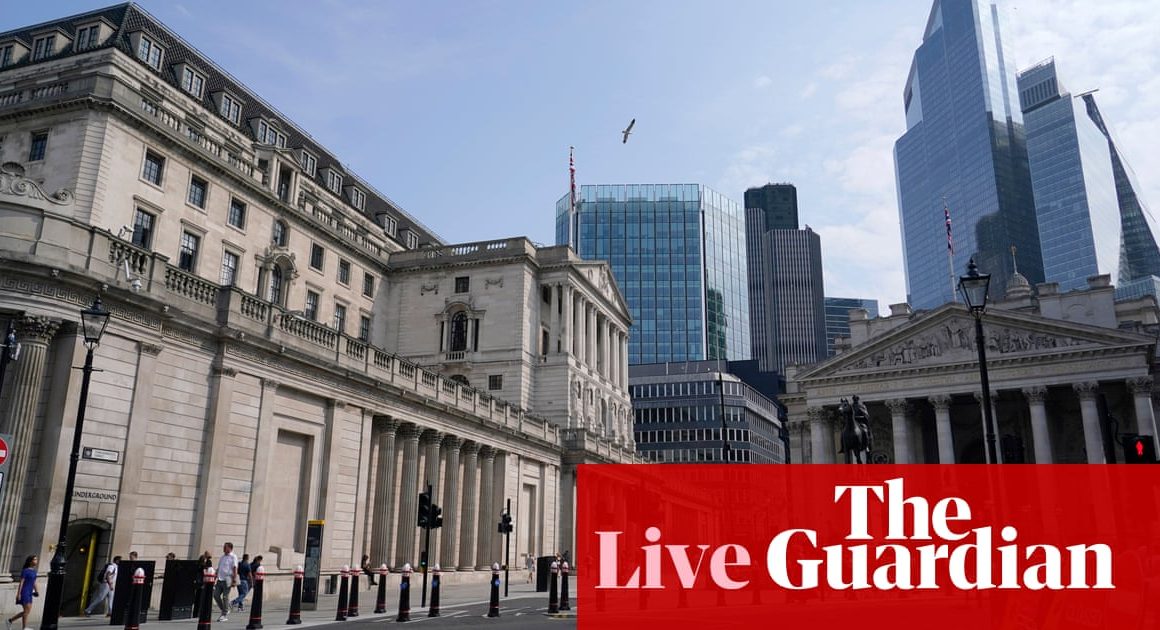Britain created a loophole that made it a tax haven less than a century ago, when the House of Lords ruled in a case involving a UK company that traded in Egyptian land. The 1929 decision allowed foreigners to set up companies in the UK that would not be considered UK resident under British law because they were controlled from overseas. Crucially, they could be shielded from taxation at source because they were incorporated abroad. That judgment sent history scurrying towards the creation of an “offshore world” of tax havens through which nations compete to offer the least possible corporate tax and the greatest possible secrecy.
This system could be coming to an end. Over the next three weeks, 193 UN member states in New York will thrash out draft terms of reference for a convention that seeks the biggest overhaul of global tax rules for a century. Many countries, led by the African Group, are seeking a right to tax economic activity where it takes place. If enacted, this could see the convention, legally binding on contracting states, to require multinational corporations to pay tax where they employ staff and do real work, instead of in tax havens where they hide profits.
Last year, the EU Tax Observatory said that, in 2022, corporations shifted $1tn – 35% of the profits they earned outside their home countries – to tax havens, with governments losing out between $240bn and $600bn annually. In 2023, the seven biggest US pharmaceutical companies paid no tax in America on global profits of more than $40bn. Wealthy nations are complicit in such dodging. Despite growing corporate profits, the effective tax rate companies face worldwide has declined by a third since 1975. Poor nations, desperate for cash to deal with environmental and fiscal crises, are the biggest losers. Lower-income countries’ tax losses ($47bn) are equivalent to half of their public health budgets.
The UN tax talks began shamefully when countries including the UK and the US, as well as the EU, attempted to frustrate proceedings. These nations preferred the pro-rich, corporate-friendly way of doing things when they ran tax rules under the Organisation for Economic Co-operation and Development. Its 2019 proposals would have seen 80% of “redistributed profits” flow to wealthy counties while lower middle-income nations lost out. That approach led to rising anger over glaring imbalances. As Joseph Stiglitz, a Nobel laureate in economics, pointed out this month: “Tax avoidance has impeded governments all over the world from providing basic services to their citizens, contributing to global inequality, which is at an all-time high. Fewer than 3,000 people hold nearly $15 trillion – equivalent to the annual GDP of Germany, India, Japan, and the United Kingdom combined.”
Rich nations are now engaging with the UN process. The UK has a historic responsibility for this mess. Along with its network of overseas territories and crown dependencies, it is responsible for nearly a quarter of global corporate tax loss. Alex Cobham, chief executive of the Tax Justice Network, applauds Labour ministers’ tough rhetoric against tax-dodging. He asks whether they will now “opt for continuity with the previous Conservative government’s policy and continue to frustrate efforts at the UN? Or will they mark out a new course for the UK on the world stage and support international efforts to curb tax abuse?” The government should show that principles take precedence over the profits for a privileged few.










